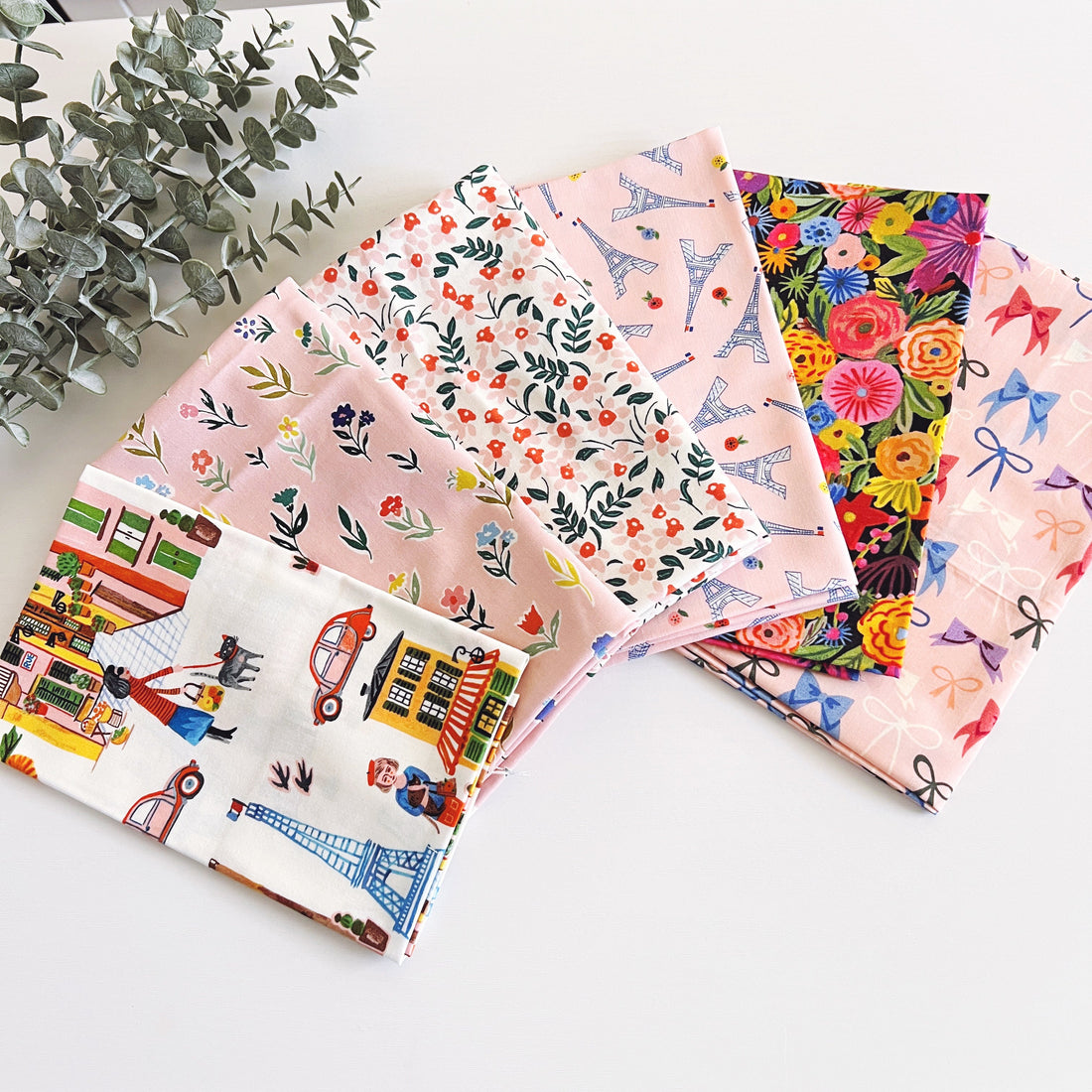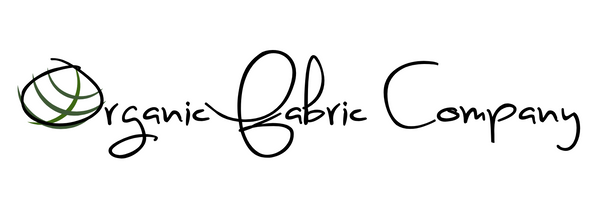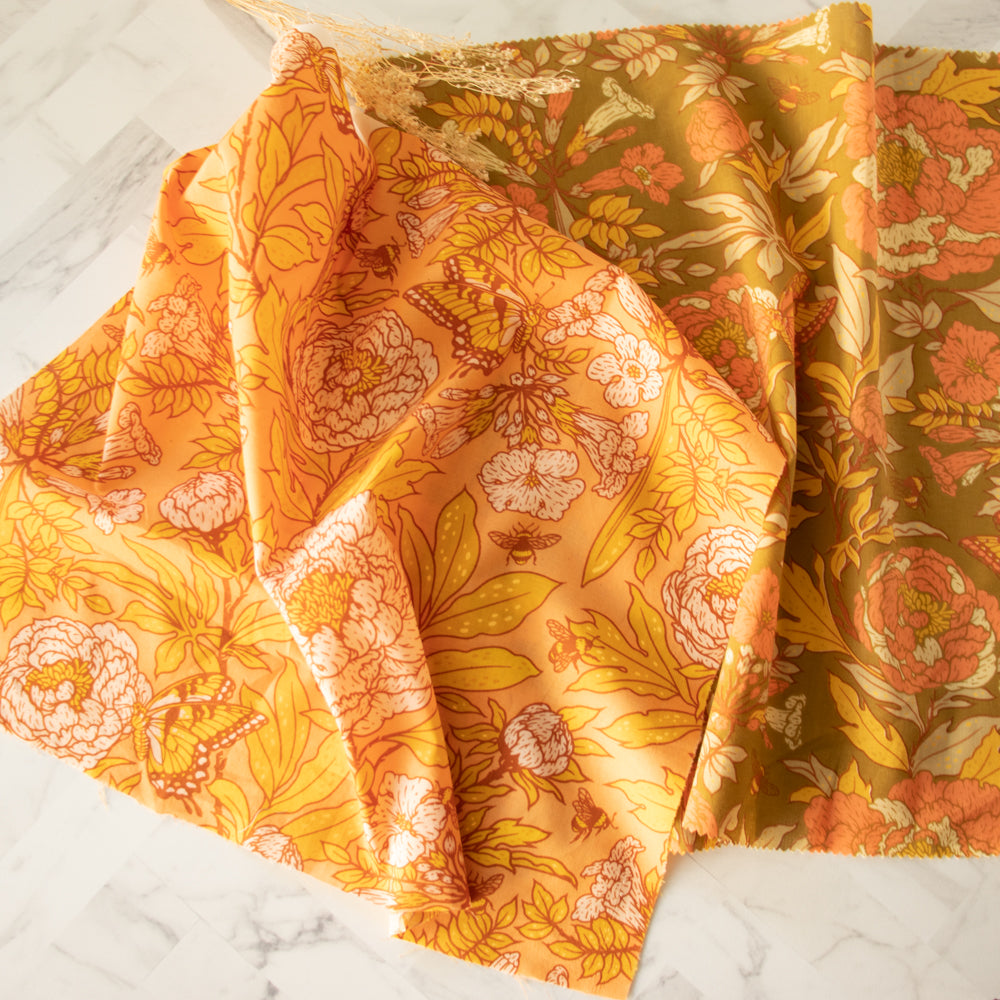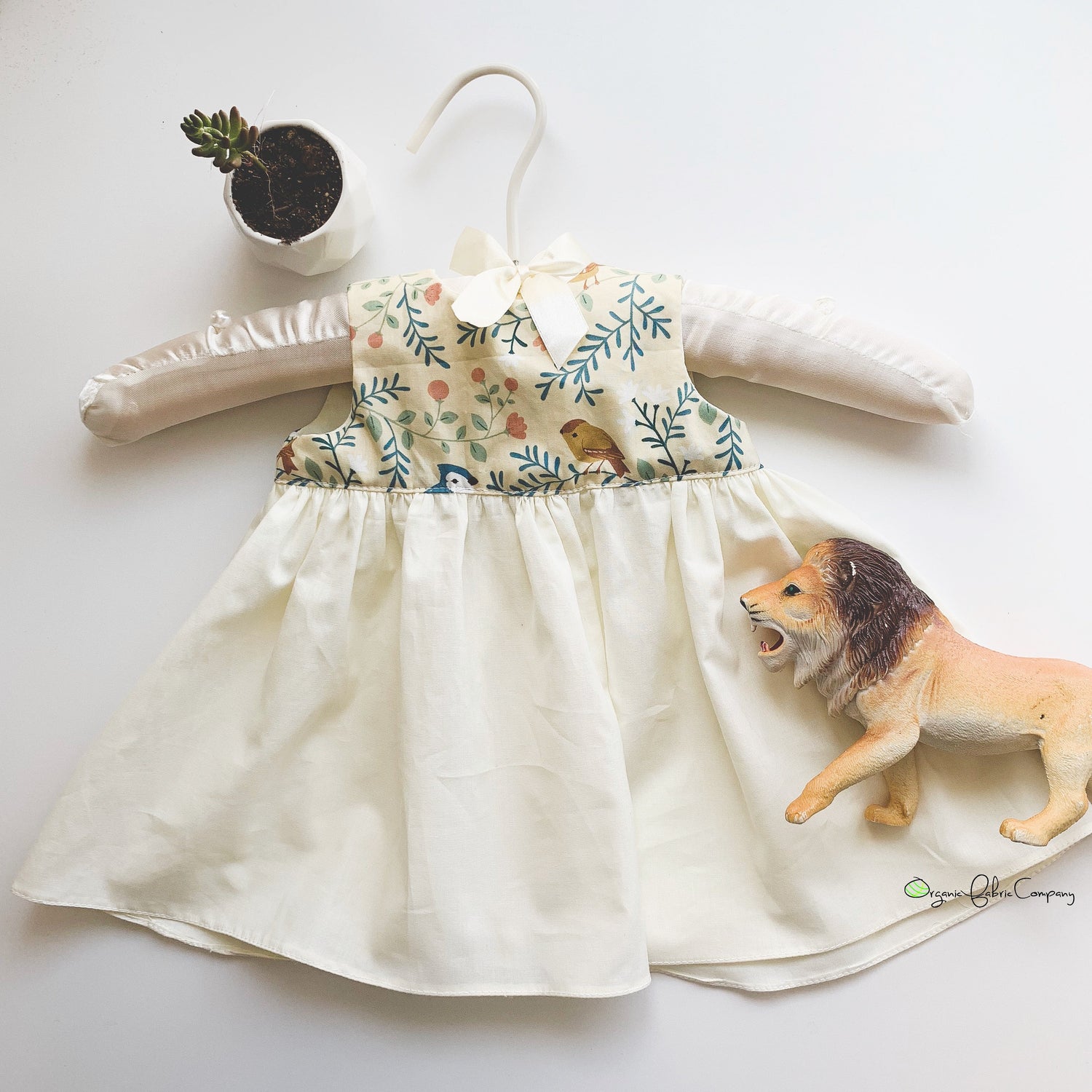
Navigating Organic Fabric Certifications: Understanding GOTS and OEKO-TEX
In an era where sustainability and eco-consciousness are at the forefront of consumer concerns, the textiles industry has witnessed a surge in demand for organic fabrics. From clothing to home furnishings, organic textiles offer a more environmentally friendly and socially responsible alternative to conventional materials. However, with the growing popularity of organic fabrics comes the need for clarity and assurance regarding their authenticity and quality. This is where certifications play a crucial role.
Certifications serve as reliable indicators that organic fabrics meet specific standards of sustainability, environmental responsibility, and social ethics. Among the most recognized certifications in the textile industry are the Global Organic Textile Standard (GOTS) and OEKO-TEX. Let's delve into what these certifications entail and why they are significant in ensuring the integrity of organic textiles.
Understanding GOTS (Global Organic Textile Standard)
GOTS is widely regarded as the gold standard for organic textile certifications. Established in 2006, it sets stringent criteria for the entire textile supply chain, from harvesting raw materials to environmentally and socially responsible manufacturing processes. GOTS certification ensures that organic fibers used in textiles are grown without the use of synthetic pesticides, genetically modified organisms (GMOs), or harmful chemicals. It also prohibits the use of toxic dyes and other hazardous substances in the production process.
Key criteria of GOTS certification include:
-
Organic Fiber Content: A minimum of 95% organic fibers is required for a textile product to be GOTS certified.
-
Environmental Criteria: GOTS-certified textiles must adhere to strict environmental standards, including the responsible use of water and energy, as well as wastewater treatment.
-
Social Criteria: GOTS certification mandates compliance with social criteria based on International Labour Organization (ILO) conventions, ensuring fair wages, safe working conditions, and no child labor throughout the supply chain.
-
Traceability and Labeling: GOTS-certified products must be traceable from raw material to finished product, and they must carry the GOTS label for authenticity.
GOTS certification provides consumers with confidence that the organic textiles they purchase meet rigorous environmental and social standards.
Exploring OEKO-TEX Certification
While GOTS focuses specifically on the organic aspect of textiles, OEKO-TEX certification addresses broader concerns related to product safety and harmful substances. Founded in 1992, OEKO-TEX offers several certification levels, each tailored to different aspects of textile production.
Key features of OEKO-TEX certification include:
-
Standard 100 by OEKO-TEX: This certification ensures that textile products have been tested for harmful substances and deemed safe for human health. It covers a wide range of substances, including legally regulated and banned substances, as well as chemicals known to be harmful to health but not yet regulated.
-
STeP by OEKO-TEX: This certification focuses on sustainable textile production, evaluating factors such as environmental performance, social responsibility, and occupational health and safety.
-
Made in Green by OEKO-TEX: This certification combines the requirements of Standard 100 and STeP, providing assurance not only of product safety but also of sustainable and socially responsible manufacturing processes. Additionally, it offers transparency by providing a unique product ID that allows consumers to trace the product back to its origins.
OEKO-TEX certification offers consumers assurance that textiles have undergone rigorous testing for harmful substances and that their production adheres to sustainable and ethical practices.
Significance of Certifications in Ensuring Authenticity and Quality
Certifications such as GOTS and OEKO-TEX play a pivotal role in the textile industry by providing transparency, accountability, and assurance to consumers. They serve as reliable benchmarks for evaluating the authenticity and quality of organic fabrics, helping consumers make informed choices that align with their values and preferences.
By choosing certified organic textiles, consumers not only support sustainable and ethical practices but also contribute to the preservation of the environment and the well-being of communities involved in the supply chain. Moreover, certifications promote innovation and continuous improvement within the textile industry, driving towards a more sustainable and responsible future.
In conclusion, when shopping for organic fabrics, look for certifications such as GOTS and OEKO-TEX to ensure that your purchases meet stringent standards of sustainability, environmental responsibility, and social ethics. By prioritizing certified organic textiles, you can make a positive impact on both the planet and the people involved in the production process.





